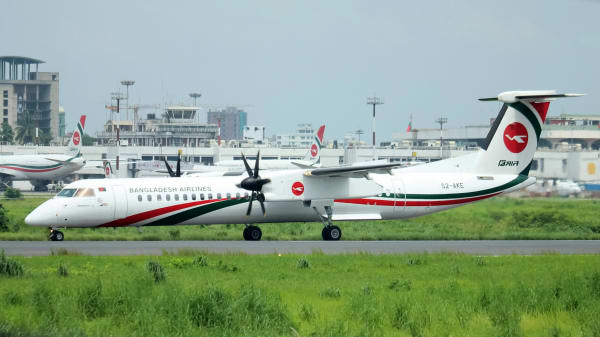Navigating the Ethics of Autonomous Flight: Charting a Course Through a Brave New Sky
When we talk about autonomous flight, conjuring images of unattended airliners or delivery drones dancing above cityscapes, we must carefully consider the ethical implications inherent to these technologies. The ethics of autonomous flight gives us a sector where tech innovation and moral principles intersect, and it's here that we steer through the most contentious issues.
The Autopilot Paradox
Reliability: Autonomous flight technology has made significant strides in recent years and, in many ways, can be more reliable than human pilots. However, trusting one hundred percent in artificial intelligence (AI) and automation can be risky. For instance, the Boeing 737 Max disaster exposed the potential pitfalls when over-reliance on flawed automated system overrules the judgement of trained pilots.
Responsibility: If an autonomous flight crashes, who is to blame? The manufacturer of the drone or aircraft? The software developer? The operator? Or the regulatory body? A clear and agreed-upon answer remains elusive, highlighting the need for comprehensive policies on accountability and culpability.
Autonomous Drones: Convenience vs. Privacy
Package delivery drones from e-commerce giants like Amazon have been touted as a revolution in logistics. However, these unmanned aerial vehicles or UAVs raise a wavering balance of practical convenience against vital privacy concerns. With drones capable of high-resolution imaging and video capturing, hovering over numerous locations, underscore the need for strict regulations to prevent unwarranted surveillance and damage to personal privacy.
Ethics of Military Drones
The rapidly advancing automation of aerial military assets, such as drone fighters and bombers, brings forth its own set of ethical dilemmas.
Reduced Risk for Military Personnel: On one hand, countries adopting such technology risk fewer lives of their soldiers and pilots in conflicts.
Increased Distance from Warfare: Conversely, by removing humans from the direct line of conflict, war becomes a less personal affair—a dangerous precedent that could potentially make the decision to engage in warfare easier.
Risk of Casualties: Civilians are often at higher risk from drone strikes due to incorrect targeting, a lack of human judgement, or system failures.
The Autonomous Flight and Environment Conundrum
There's no doubt that autonomous aircrafts, particularly electric drones, substantially reduce carbon emissions compared with traditional forms of transportation. However, the sharp increase in the number of such aircraft could pose significant environmental risks, such as disturbances to wildlife – especially bird populations, noise pollution, and urban clutter, to name a few.
Balancing Progress with Preservation
It is imperative to retain human values and rights as we surge ahead into this aviation future. Striking a balance between technological progress and ethical preservation will require global consensus in establishing norms, practices, and control measures that respect privacy, security, and accountability.
Regulation: The need for an international body to oversee and regulate autonomous flight operations is urgent. National aviation authorities around the globe need to cooperate to create harmonized laws and regulations.
Transparency: Companies involved in the manufacture and operation of autonomous aircraft should prioritize transparency regarding their technology's capabilities and intent. An open dialogue can help alleviate public fears and build trust.
Education and Training: While eliminating some job roles, autonomous flight tech will also create new opportunities. A shift in education and training is therefore essential to prepare new generations for the future of aviation.
As we navigate the complex ethics of autonomous flight, our ultimate aspiration must be to ensure that this exciting technological frontier benefits all of humanity, while safeguarding our shared ethical ideals. It's quite a crossroads, where techmariners and ethicists must meet to chart our course through a brave new sky.




